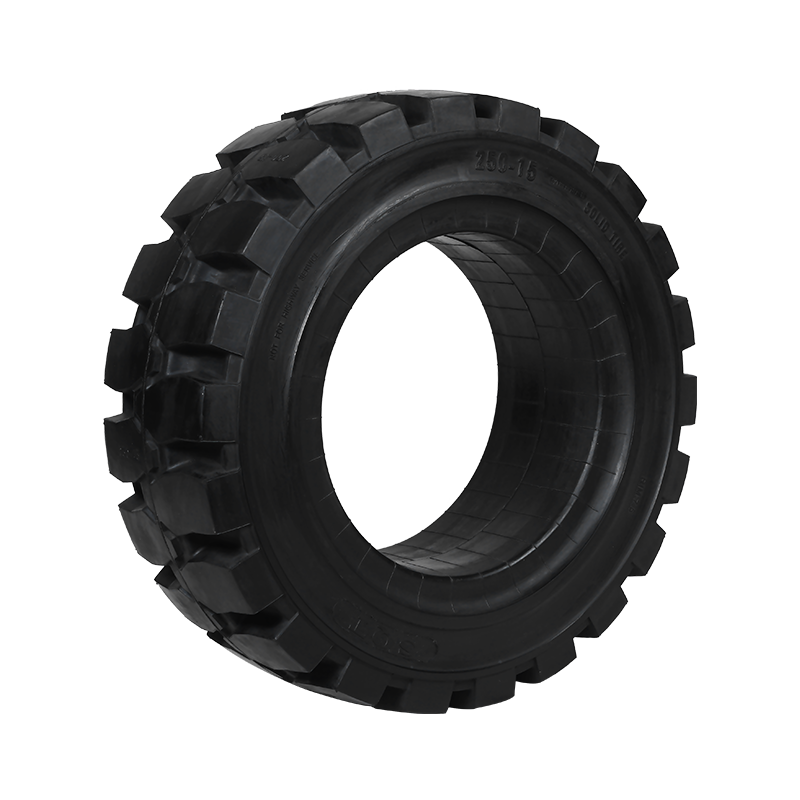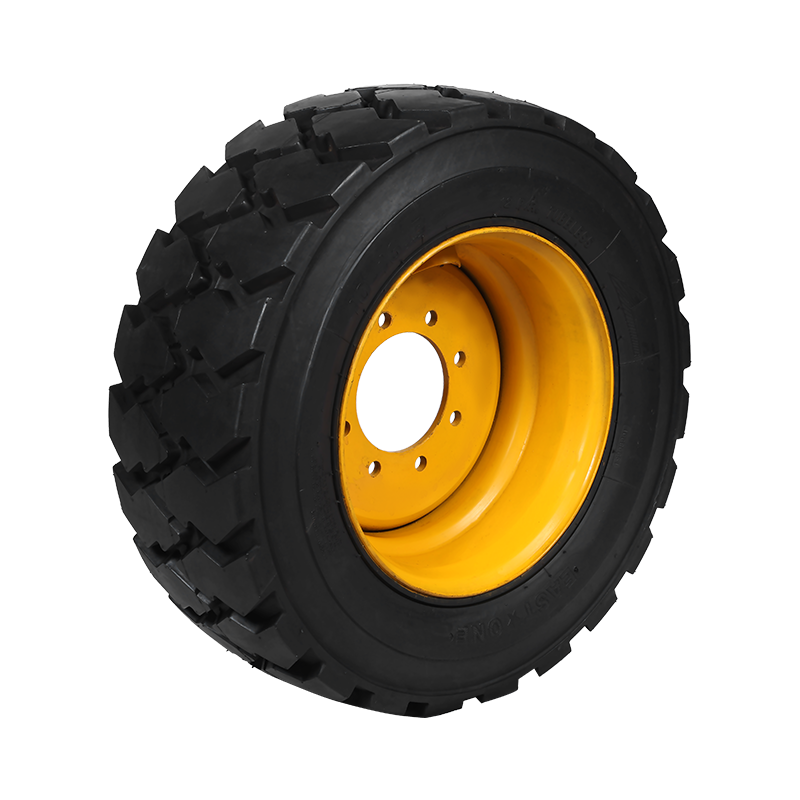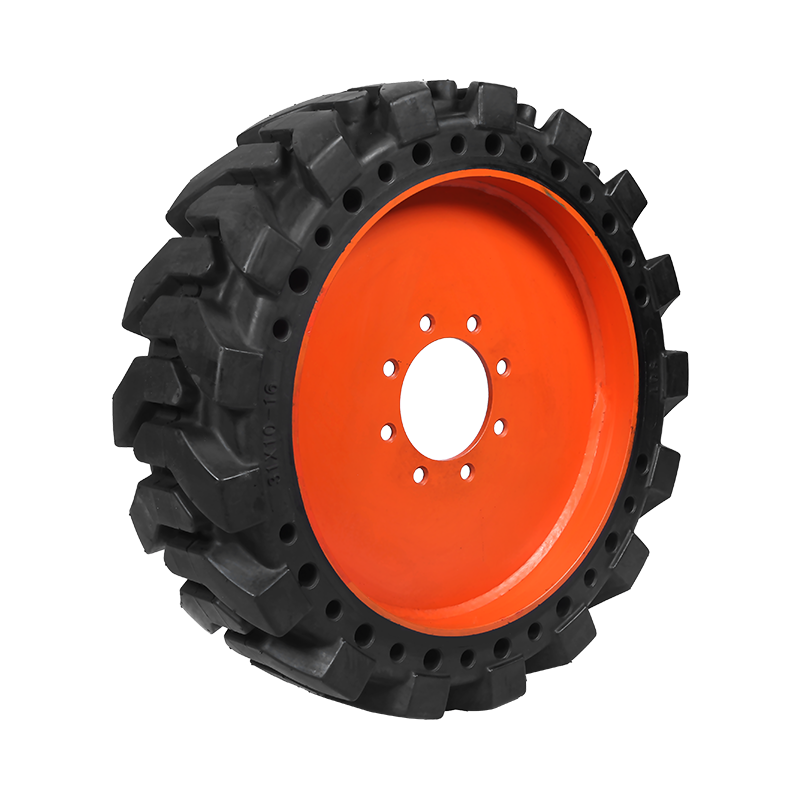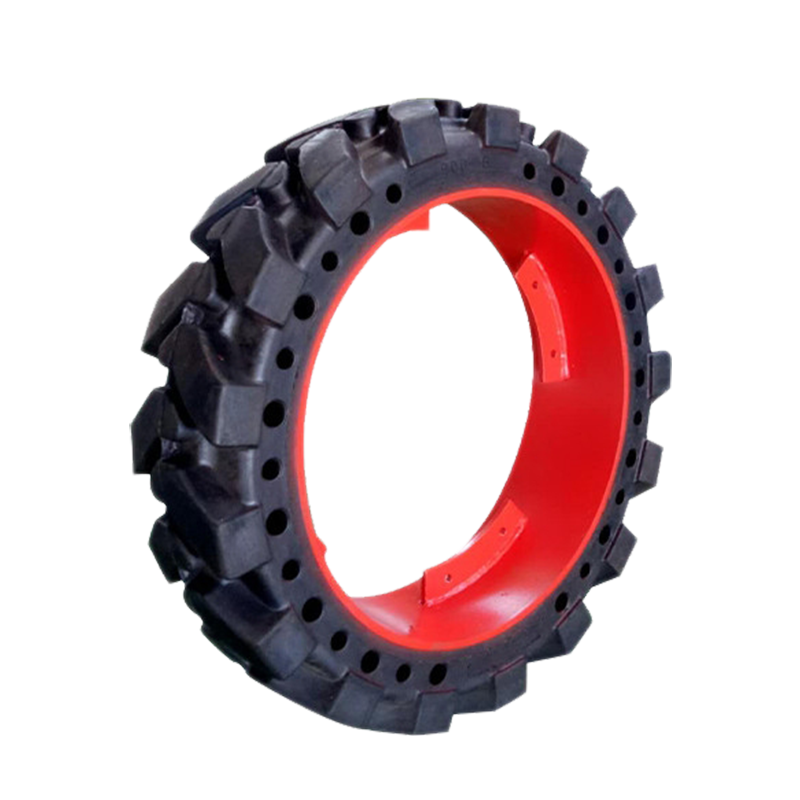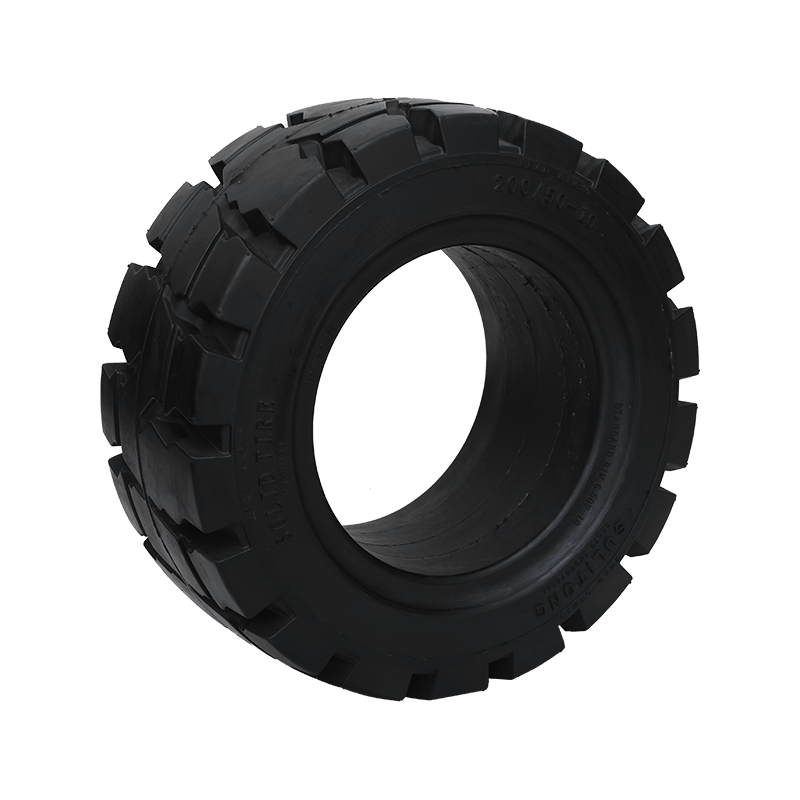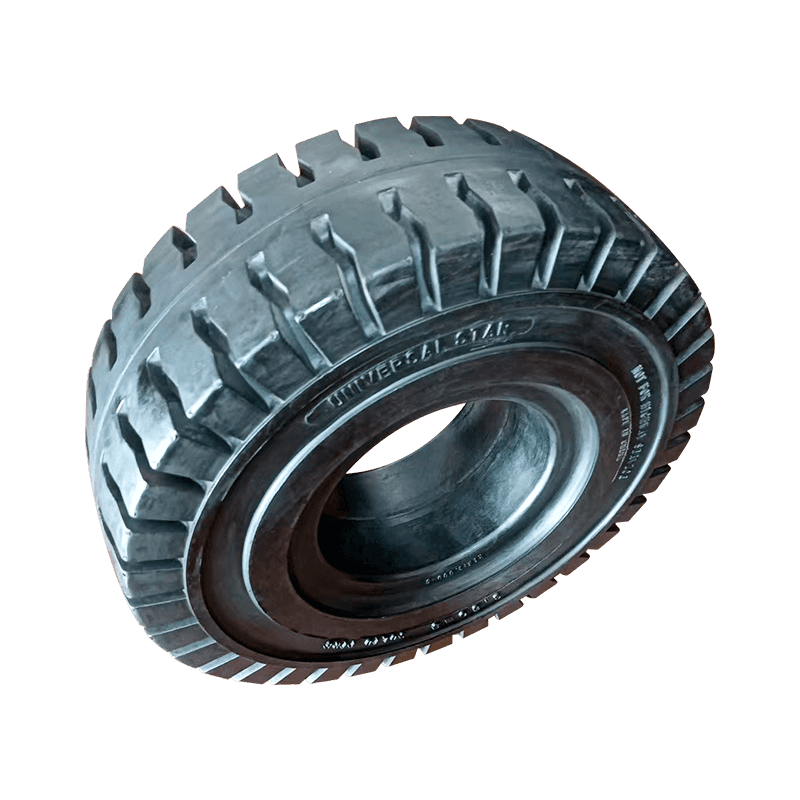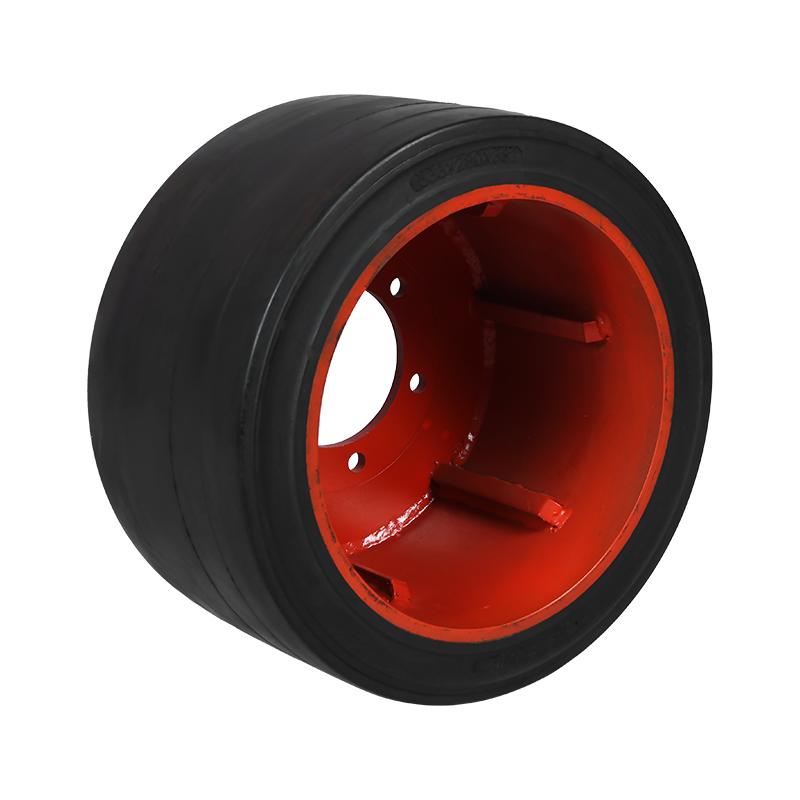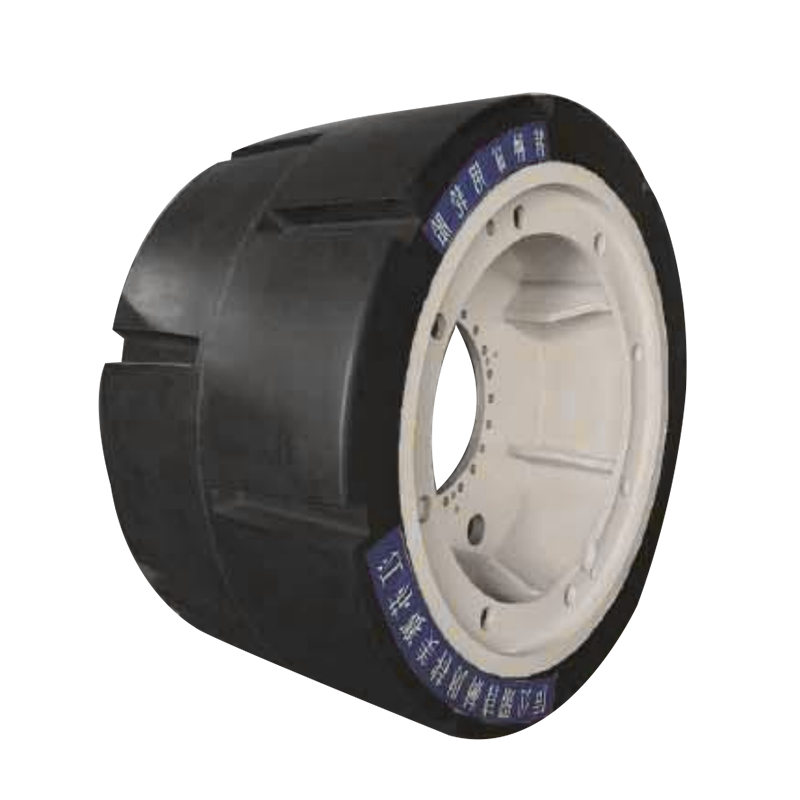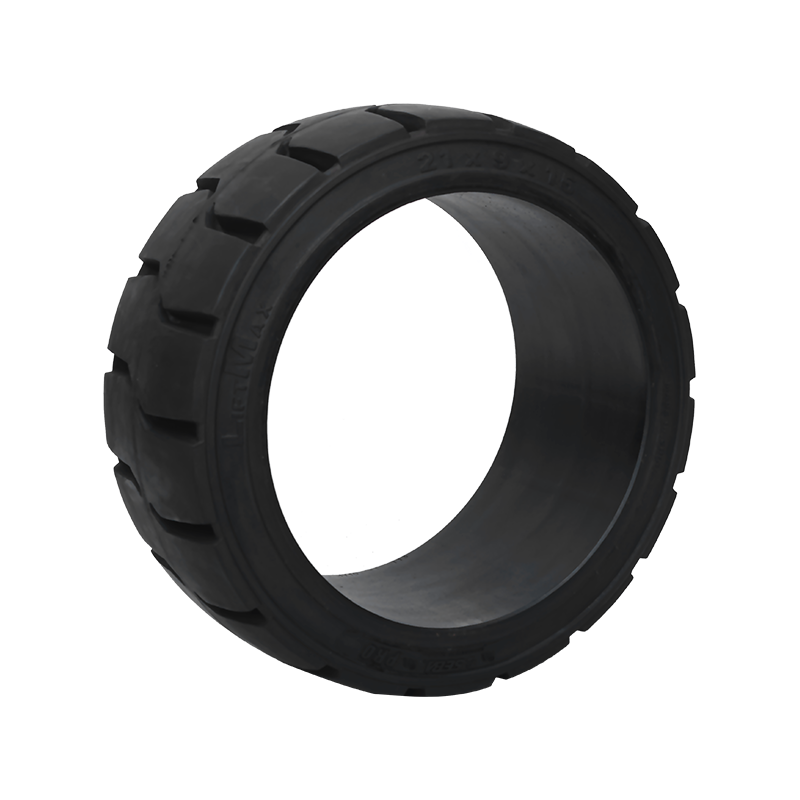What type of tires are on forklifts?
Forklifts, essential workhorses in countless industries, rely on specialized tires to perform their demanding tasks safely and efficiently. Unlike passenger vehicles, forklift tires are designed to handle heavy loads, provide stability, and withstand harsh operating conditions. Understanding the different types of forklift tires is crucial for optimizing performance, ensuring safety, and minimizing operational costs.
The Three Main Categories of Forklift Tires
Forklift tires generally fall into three primary categories: cushion tires, pneumatic tires, and solid pneumatic (or resilient) tires. Each type is engineered for specific environments and applications.
1. Cushion Tires
Cushion tires are made of solid rubber and are pressed onto a wheel. They are characterized by their smooth, solid construction and are primarily designed for indoor, paved, and smooth surfaces.
-
Construction: These tires are essentially a thick band of solid rubber, often with a steel band molded into the base for secure fitting onto the wheel hub.
-
Ideal Applications: Warehouses, distribution centers, manufacturing facilities, and any operation with concrete or asphalt floors.
-
Advantages:
-
Compact Design: Their smaller profile allows for a tighter turning radius, making them ideal for narrow aisles and confined spaces.
-
Lower Cost: Generally less expensive than pneumatic tires.
-
Maintenance-Free: No air to monitor or punctures to worry about.
-
Good Stability: Their solid construction provides excellent stability for lifting heavy loads.
-
-
Disadvantages:
-
Rough Terrain Limitations: Not suitable for uneven or outdoor surfaces as they offer little shock absorption.
-
Reduced Traction: Can struggle on slippery or unpaved surfaces.
-
Heat Buildup: Can generate significant heat during long runs or heavy use, potentially leading to faster wear.
-
2. Pneumatic Tires
Pneumatic tires are air-filled, much like the tires on a car or truck, and are designed for both indoor and outdoor use, particularly on rough or uneven surfaces.
-
Construction: Consist of a rubber casing with an inner tube, inflated with air. They have a deeper tread pattern than cushion tires.
-
Ideal Applications: Lumber yards, construction sites, outdoor storage facilities, and any environment with gravel, dirt, or uneven terrain.
-
Advantages:
-
Superior Shock Absorption: The air-filled design provides excellent cushioning, offering a smoother ride for the operator and reducing wear and tear on the forklift components.
-
Excellent Traction: Deep treads provide superior grip on varied surfaces, including wet or loose ground.
-
Versatility: Can be used in a wider range of indoor and outdoor applications.
-
-
Disadvantages:
-
Puncture Risk: Susceptible to punctures from nails, sharp objects, or debris, leading to downtime for repairs or replacement.
-
Air Pressure Maintenance: Requires regular monitoring of air pressure to ensure optimal performance and safety.
-
Larger Turning Radius: Their larger size can limit maneuverability in tight spaces compared to cushion tires.
-
Higher Cost: Generally more expensive than cushion tires.
-
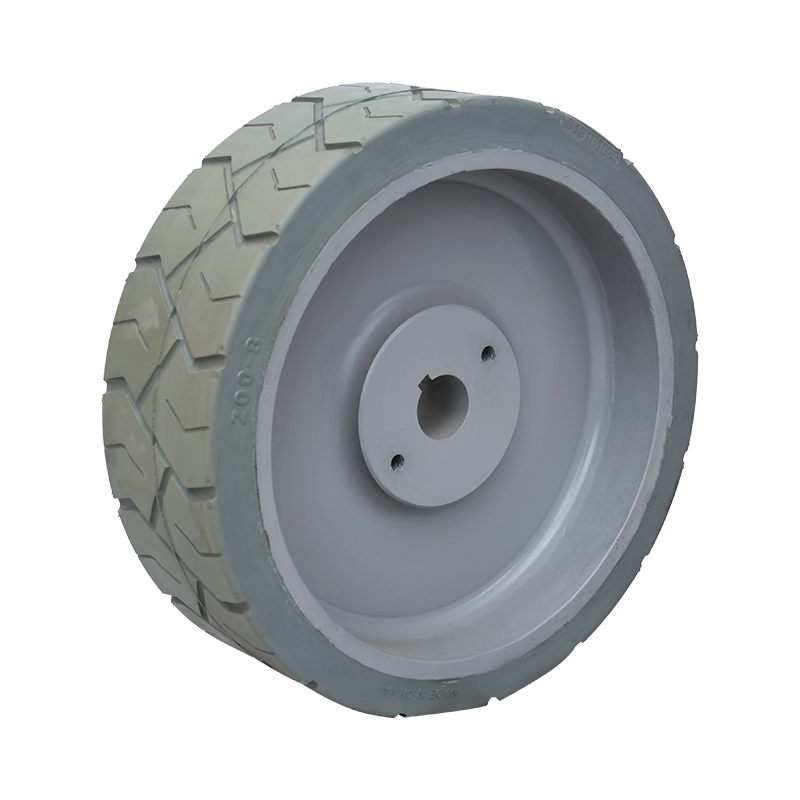
3. Solid Pneumatic (Resilient) Tires
Solid pneumatic tires, often referred to as resilient tires, are a hybrid solution designed to offer the best of both worlds: the durability of a solid tire with some of the cushioning properties of a pneumatic tire.
-
Construction: These are solid rubber tires but are built with multiple layers and sometimes incorporate a softer rubber compound in the middle to provide some deflection and cushioning. They often have a tread pattern similar to pneumatic tires.
-
Ideal Applications: Ideal for operations that require both indoor and outdoor use on varied surfaces, where puncture resistance is critical, but some shock absorption is still desired.
-
Advantages:
-
Puncture-Proof: Being solid, they are immune to punctures, eliminating downtime due to flats.
-
Durability: Extremely long-lasting and resistant to cuts and abrasions.
-
Improved Cushioning (over standard cushion tires): Offer better shock absorption than traditional cushion tires, providing a more comfortable ride and less stress on the forklift.
-
Versatile: Suitable for both smooth and moderately rough surfaces.
-
-
Disadvantages:
-
Heavier: Their solid construction makes them heavier, which can impact fuel efficiency slightly.
-
Higher Initial Cost: Typically the most expensive option among the three.
-
Less Cushioning than Air-Filled Pneumatics: While better than cushion tires, they don't offer the same level of shock absorption as air-filled pneumatic tires.
-
Factors to Consider When Choosing Forklift Tires
Selecting the right forklift tires is a critical decision that impacts safety, efficiency, and operational costs. Key factors to consider include:
-
Operating Environment: Is the forklift primarily used indoors on smooth surfaces, outdoors on rough terrain, or a combination of both?
-
Load Weight and Capacity: The heavier the loads, the more robust the tires need to be to ensure stability and prevent premature wear.
-
Hours of Operation: High-usage applications might benefit from more durable, albeit more expensive, options.
-
Maintenance Capabilities: Consider the willingness and ability to monitor air pressure and repair punctures.
-
Budget: While initial cost is a factor, consider the long-term costs associated with tire lifespan, maintenance, and potential downtime.
Conclusion
The tires on a forklift are far more than just rubber circles; they are integral components that directly influence the machine's performance, safety, and longevity. By carefully assessing the application and environmental conditions, businesses can choose the optimal tire type – be it cushion, pneumatic, or solid pneumatic – to ensure their forklifts operate at peak efficiency and contribute to a productive and safe work environment.
CONTACT US
-

Email: SMT001@saimeite-tyre.com
-

Phone: +86-18451337018No. 1, Renmin South Road, Yandu District, Yancheng City, Jiangsu Province, China

 English
English 한국어
한국어 Français
Français Español
Español
